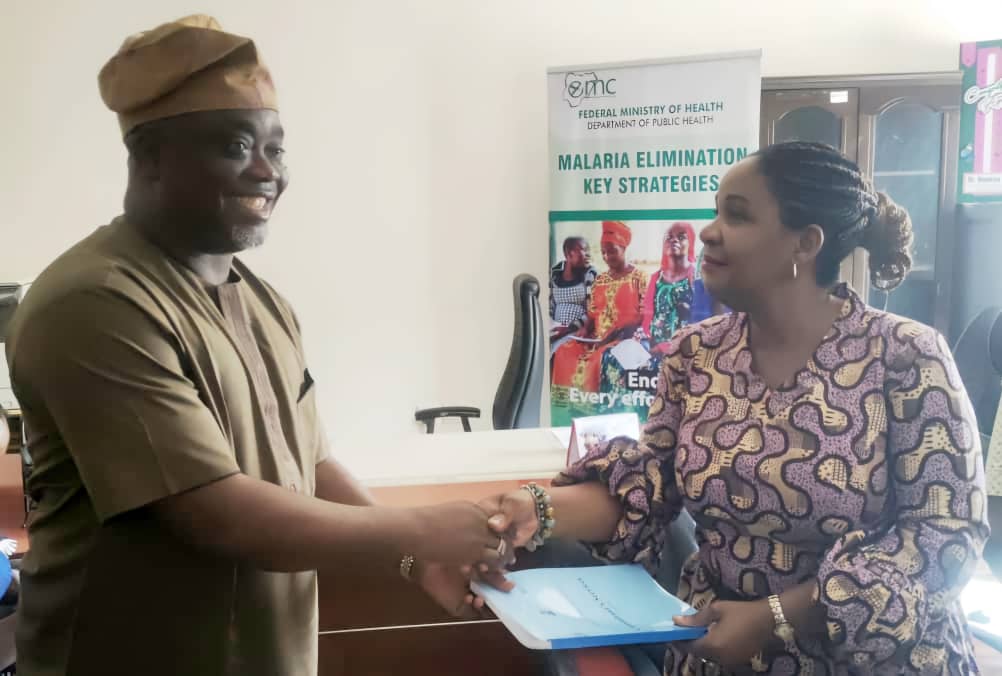
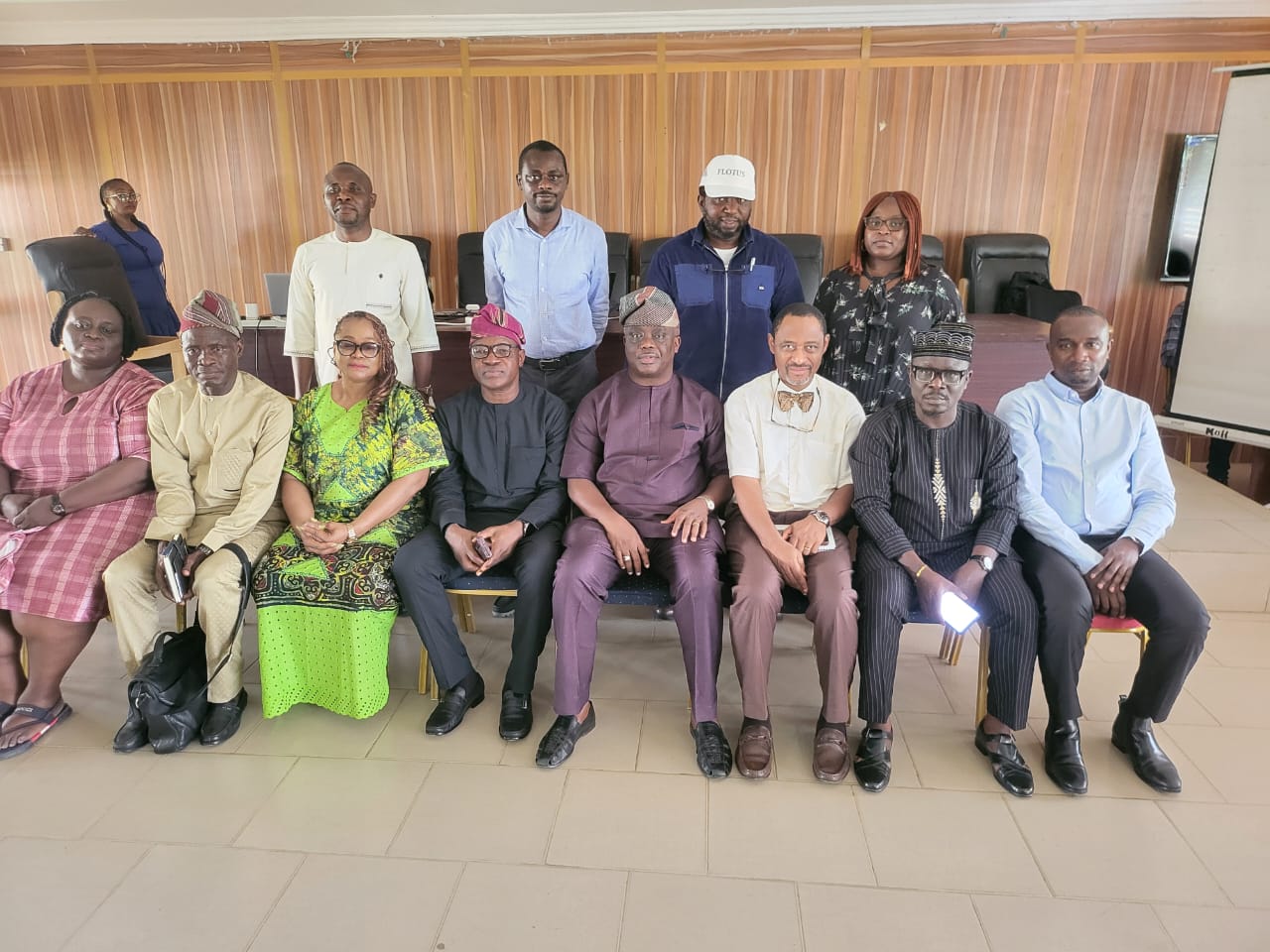
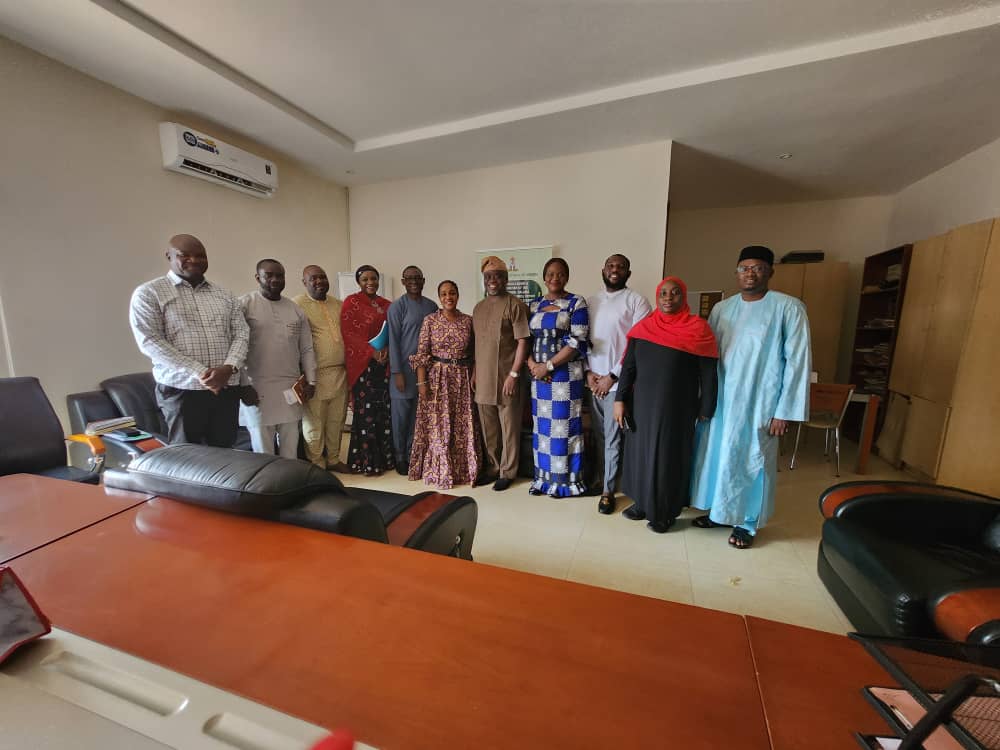
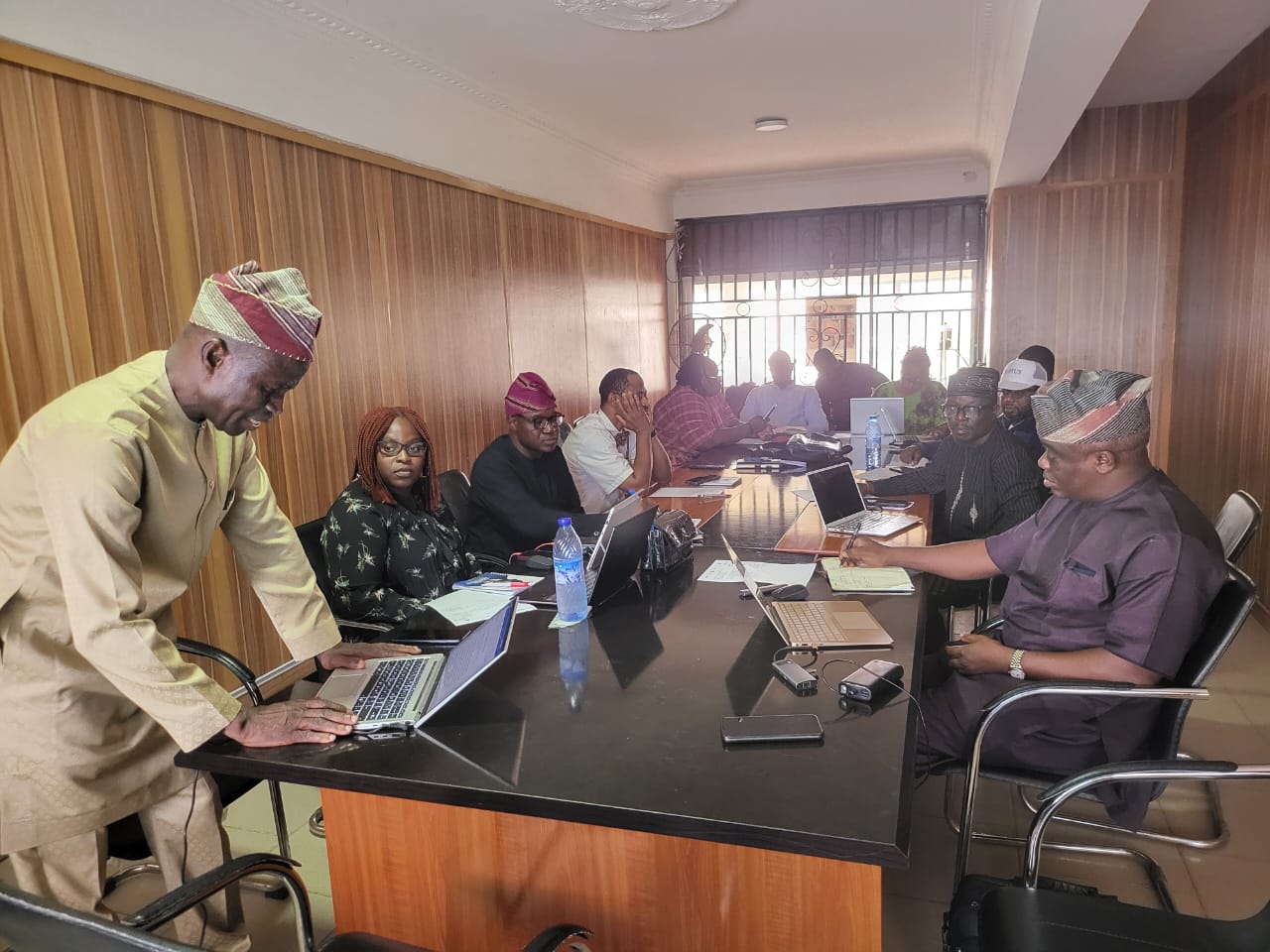
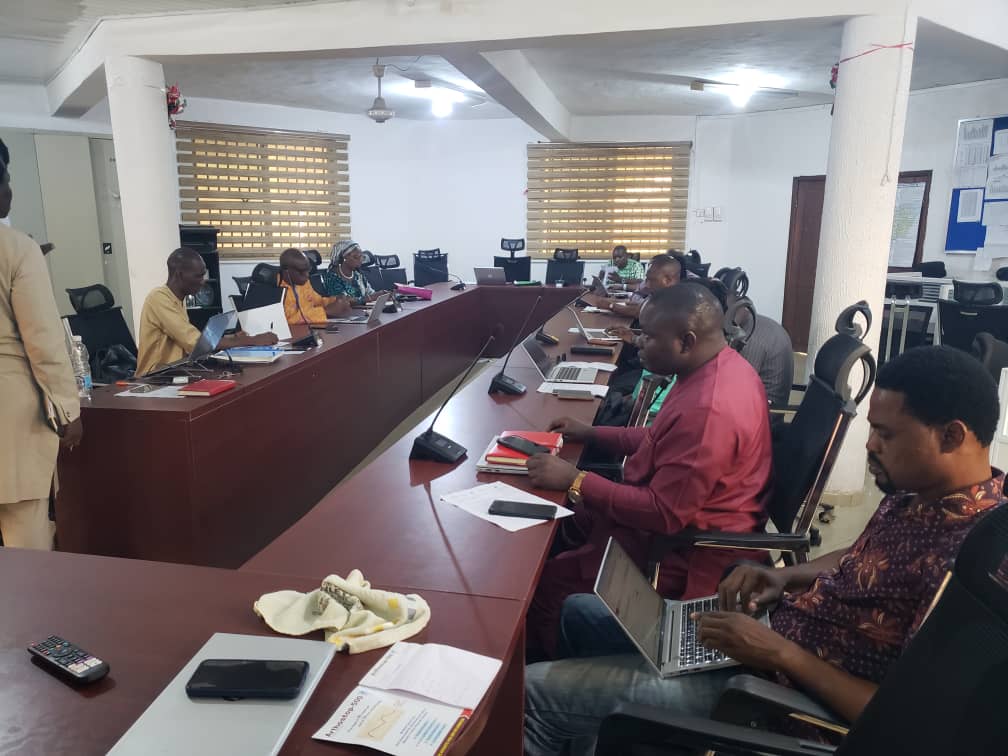
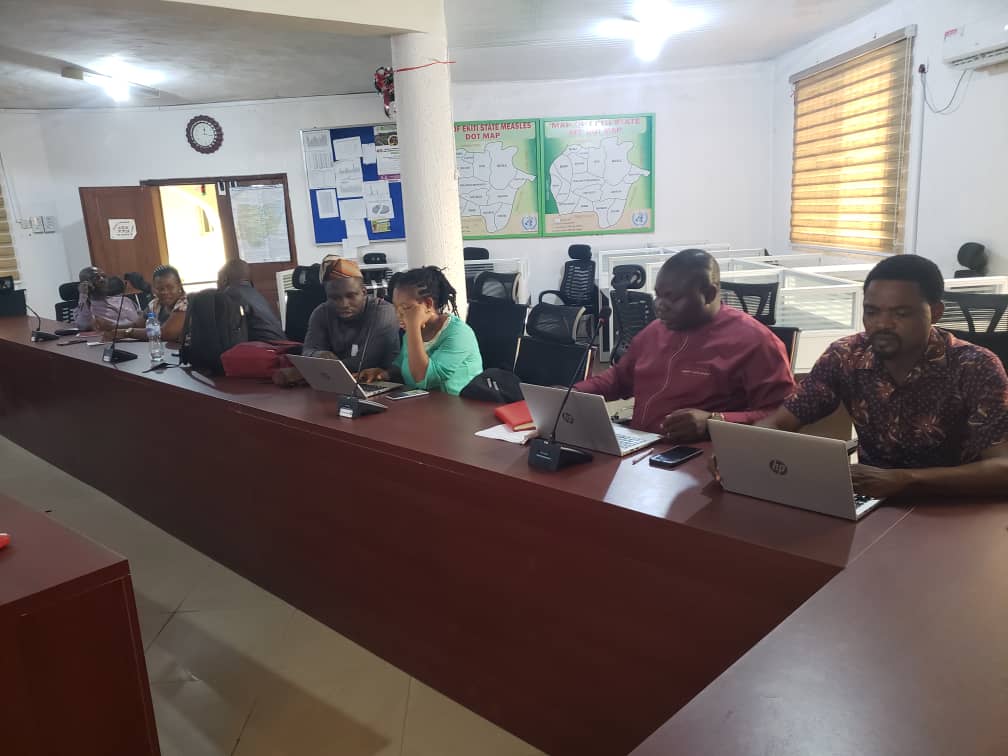
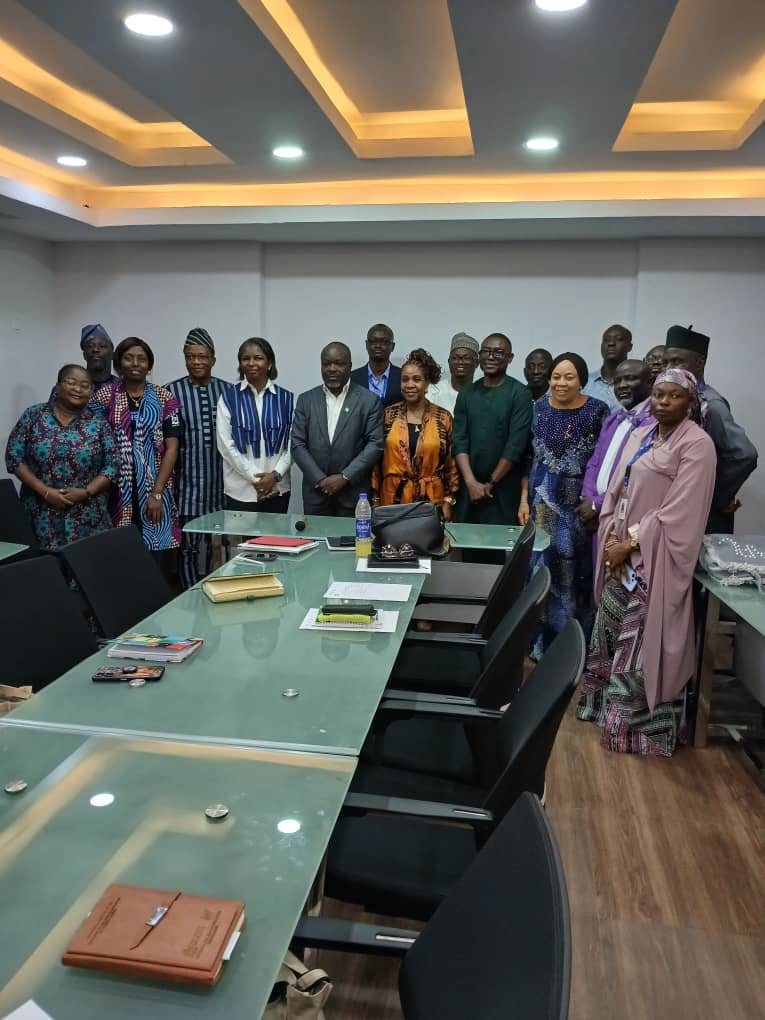
Engagement as an Independent Verification Agent (IVA) for NGOs on the Implementation of the Immunization plus & Malaria Progress by Accelerating Coverage and Transforming services (IMPACT) project
- Client: National Malaria Elimination Programme
- Project Year: 2025-2026
- Geographic scope: Abia, Borno, Ekiti, Lagos, Ondo & Rivers
- Areas of focus: Malaria Control, Immunization Plus, Contingency Emergency Response
Nigeria ranks very low on the Human Capital Index (152 out of 157) and Child Survival Index (154 out of 157). It has the highest rate of child deaths among lower-middle-income countries, with 714,000 children under five dying annually. This accounts for 26% of under-five deaths in sub-Saharan Africa and 13% worldwide, diminishing Nigeria’s human capital and health. Inequalities worsen the issue, as children from the poorest quintile die at 3.3 times the rate of those from the richest quintile.
Preventable diseases like malaria, pneumonia, and diarrhoea cause 87% of non-neonatal under-five deaths. Neonatal infections and hypothermia lead to disabilities like hearing loss and intellectual disabilities. Vaccinations against diarrhoea and pneumonia have been effective.
The Nigerian government aims to reduce under-five mortality from 132 to 79 per 1,000 births by 2030 through the Immunization plus and Malaria progress by Accelerating Coverage and Transforming services (IMPACT) Project and other child health investments, thereby supporting Nigeria Human Capital vision 2030. The IMPACT project is part of a longer-term Multi-phase Programmatic Approach (MPA) that strengthens health programs and systems and ensures regular analysis of key indicators.
The project aligns with national health strategies and focuses on malaria control, immunization, knowledge for change, and emergency response. It benefits children under five, women, and all residents of participating states by improving health services and strengthening national M&E systems.
Non-state actors and NGOs are essential to the IMPACT Project, especially the malaria component, led by the National and State Malaria Elimination Programs. The malaria component focuses on improving malaria prevention and treatment in six states, with NGOs enhancing case management skills and household care-seeking behaviours. They also provide vaccines and technical assistance for RMNCH+ services. NGOs use performance-based contracts to deliver services, including LLIN distribution, medication supply, and behaviour change communication.
The engagement of a third-party monitoring agent ( Independent Verification Agent-IVA) has become necessary to support the measuring of the performance of the engaged NGOs against the key outcome outlined in their respective contracts for the six states of Abia, Borno, Ekiti, Lagos, Ondo and Rivers States. The IVA will function as an assurance provider. This service is critical for the effective management of the IMPACT project.
The objectives of the project:
- To independently assess the extent to which the IMPACT project is being implemented at the State level according to the Project Implementation Manual (PIM).
- To carry out and coordinate ex-post verification of the quantity and quality of services financed by the NMEP/World Bank and delivered to beneficiaries through participating public health providers.
- To conduct counter evaluations performance management of the HFs and the NSA//NGOs
- To have a degree of independence such that where disputes arise between NGOs and state PIU, the IVA’s data will form the basis for dispute resolution by all parties (SMEP and NGOs).
- The IVA will deliver services as defined in the scope of services.
Interventions/achievements: Peltom Global Services (PGS), as the Independent Verification Agent (IVA), will conduct bi-annual verifications of care quality and supervision in 10% of public facilities using the QSQC checklist. This involves certifying skilled verifiers, ensuring their expertise, and analyzing differences between ex-post and ex-ante scores, with results shared with SMEP, NMEP, and the World Bank.
For quantity verification, PGS will bi-annually review 10% of data claims for suspicious activities and outliers. PGS will also verify the quantity of services using community satisfaction surveys in 20% of contracted facilities, prioritizing suspicious claims. This includes sampling patients to verify visits, care satisfaction, and receipt of free services.
PGS will assess the implementation of processes outlined in the PIM, such as the distribution of LLINs, ACTs, RDTs, and SP based on national guioutliers. PGS will ensure the implementation of Quality of Care (QOC) and Data Quality Assessment (DQA), and adherence to NGO contractual obligations.
Reporting will involve data collection, analysis, and transparent dissemination of results to stakeholders. PGS will analyze differences between ex-post quantity verification and NGO claims, determine additional user charges, and suggest sanctions as per the PIM.
PGS will evaluate NGO performance using key surveys (SMART and NHFS) and an agreed algorithm, forwarding results to the NMEP for state dissemination. PGS will conduct capacity-building programs to strengthen National and State PIUs, identifying gaps, strategies, and monitoring capacity effectiveness. This ensures effective project delivery and management and facilitates successful implementation in participating states.
Related Activities: Process verification, Data collection and analysis, report writing
